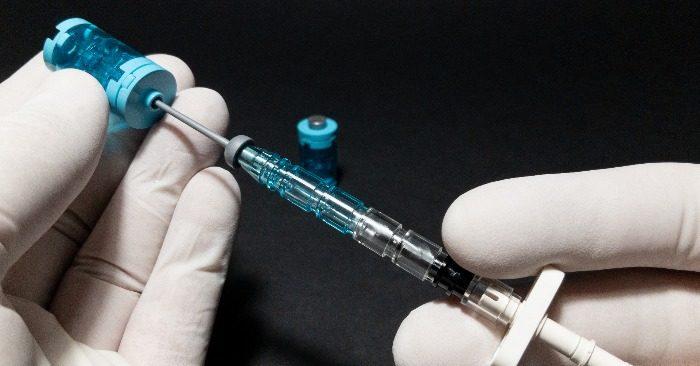Fake News?
French drug evaluation center concludes: ‘All 4 COVID vaccines should be discontinued’
The Centre Territorial d’Information Pharmaceutique d’Avis (CTIAP for its French acronym) concluded that none of the four vaccines implemented in France are safe or effective. They all received emergency use authorization with insufficient clinical evidence and therefore demanded their immediate suspension.
CTIAP, which is linked to the Cholet public hospital in western France, recently published a report showing that the vaccines used against CCP Viruses underwent insufficient clinical testing. Also, the quality of the active substances, their “excipients—some of which are new,” and the manufacturing processes are deficient.
Dr. Catherine Frade leads the research team, a renowned pharmacist who worked on public data reported by the European Medicines Agency (EMA) regarding injections from Pfizer, Moderna, AstraZeneca, and Janssen (Johnson & Johnson).
The first warning published in the report is that all these products have only temporary marketing authorizations (MA). Besides, they are all subject to further studies until 2024, making it almost impossible to complete them given the accelerated way vaccines are being distributed.
In this regard, CTIAP warns that all vaccines began to be marketed and actively applied in humans before the “quality testing of the active substance and the finished product” had taken place: All manufacturing laboratories have future deadlines to submit their studies in this regard. Even though they knew that by the time they submitted them, many of the world’s population would already be vaccinated.
The report does not indicate that vaccines are dangerous, but current knowledge is not valid enough to demonstrate their effectiveness and/or safety.
The vaccines began to be manufactured and applied amid laboratory trials, which implies that an alteration in the results during the next few months could invalidate any previous trials because they are still in a period of research and adaptation.
The report draws an interesting parallel between vaccine production and automobile production. It asks whether we would imagine it feasible to start a production line for a new car and begin marketing it without completing quality studies on each of its parts and engine, including safety-related components such as its brakes and electrical systems.
The logical answer is no, so why would we do so with vaccines, a substance intended to be inoculated directly into the body of every human being in the world?
The report concludes, “Prudence would even dictate that, in all countries where these vaccines against COVID-19 (CCP Virus) have been marketed, all the batches thus ‘released’ should be withdrawn immediately; and that these MA’s that have been granted should be suspended, or even canceled, as a matter of urgency until further notice.”



